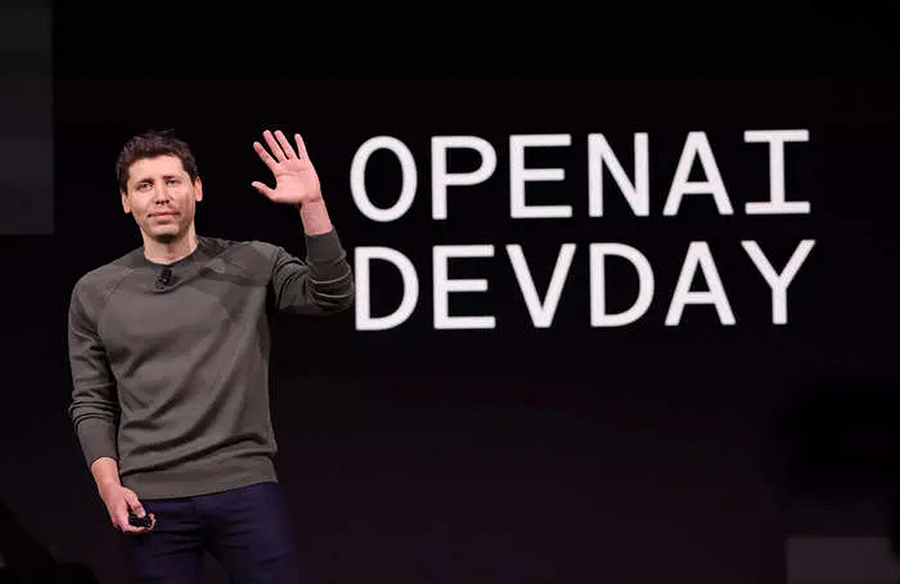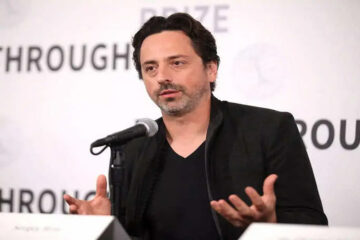OpenAI’s Allegations Against The New York Times

OpenAI has made striking claims against The New York Times, accusing the renowned media outlet of resorting to illicit tactics, including hiring someone to “hack” OpenAI’s products. Let’s delve into the details of this ongoing legal dispute.
The Allegations Unveiled
In a federal court filing, OpenAI’s lawyers asserted that The New York Times paid an individual to breach OpenAI’s platforms, leading to what they term as “hacking.” This revelation comes in response to The Times’ lawsuit against OpenAI and Microsoft, alleging copyright infringement stemming from the use of Times articles in training AI chatbots.
Disputed Claims of Plagiarism
The crux of The Times’ complaint revolves around accusations that OpenAI’s GPT-4 generated content resembling “near-verbatim copies” of Times articles. However, OpenAI refuted these claims, contending that The Times manipulated the AI platform’s responses through deceptive prompts and unethical practices.
Questioning Ethical Standards
OpenAI’s attorneys highlighted discrepancies between The Times’ purportedly rigorous journalistic standards and the methods employed to elicit plagiarized responses from OpenAI’s AI platform. The filing suggests that The Times resorted to numerous attempts, leveraging a bug and deceptive prompts to create misleading evidence.
Lack of Specificity in Accusations
While OpenAI does not explicitly identify The Times’ alleged “hired gun,” it implies that the media company engaged an “agent” to orchestrate contrived attacks against OpenAI’s technology. However, the filing lacks concrete details supporting these accusations beyond suggesting manipulation and exploitation of system vulnerabilities.
Ownership of Facts and Language
OpenAI’s defense centers on the assertion that facts and language, which form the basis of its AI training, are not proprietary to The Times. This argument challenges The Times’ claim of copyright infringement and underscores the broader legal complexities surrounding AI-generated content.
Legal Landscape and Industry Scrutiny
This lawsuit adds to a series of legal challenges faced by OpenAI and other tech entities in recent times, reflecting growing scrutiny over copyright issues in AI-driven content creation. Notable figures from various sectors have joined the fray, intensifying the legal discourse surrounding intellectual property rights and AI technologies.
Response from The New York Times
The allegations put forth by OpenAI have yet to elicit a response from The New York Times, underscoring the ongoing legal battle’s complexity and potential implications for the tech and media industries.
In conclusion, OpenAI’s accusations against The New York Times shed light on the intricate legal and ethical considerations in AI content generation, signaling a broader debate on ownership, manipulation, and transparency in digital media landscapes.
















